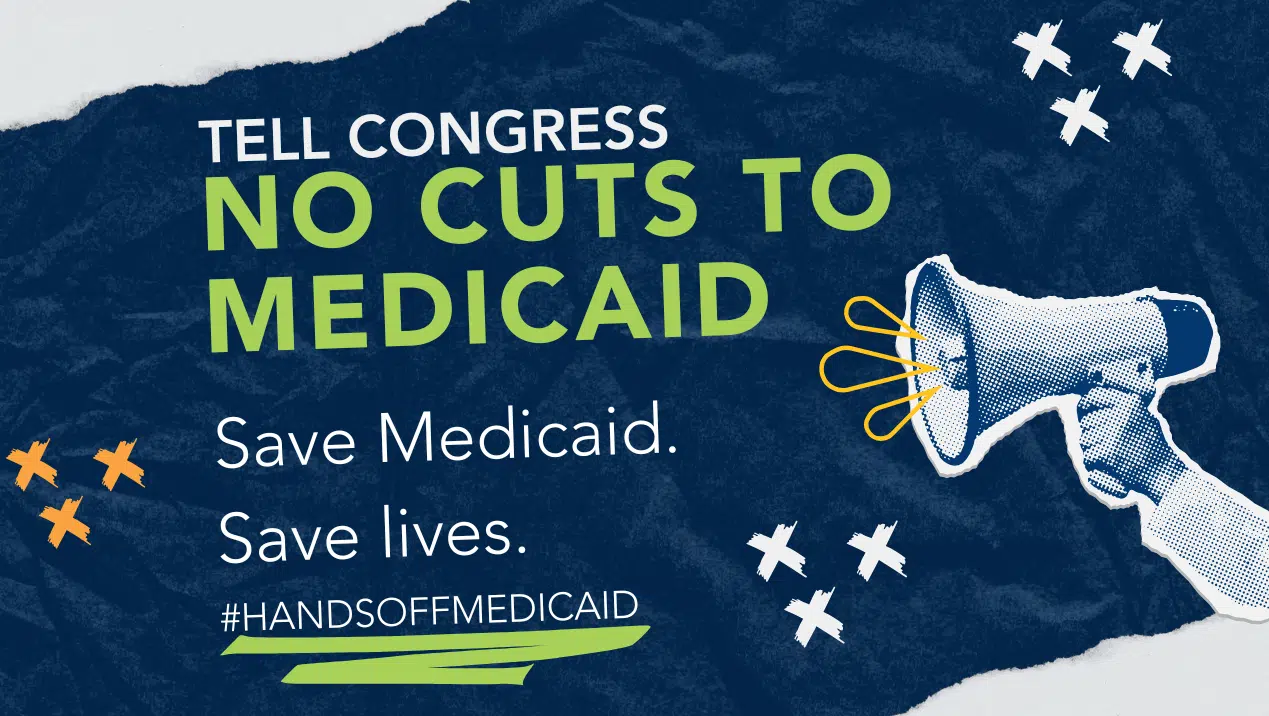Take Action: Tell your senators to reject harmful cuts to health care!
New Brief on Proposals to Expand Medicare Private Contracting

Last week, the Kaiser Family Foundation (KFF) released an issue brief on private contracting—also sometimes referred to as balance billing. The brief explains existing rules that determine what health care providers can and cannot charge their Medicare patients. It also summarizes proposals to relax these rules, allowing doctors to set any price they choose for services and to require people with Medicare to sign contracts to pay above Medicare approved amounts in order to receive care. This proposal has been in the news recently as one of its champions is Congressman Tom Price, the nominee for Secretary of the U.S. Department of Health and Human Services.
The KFF brief identifies common arguments for and against these proposals. Among these, the brief notes that private contracting proposals could increase costs for people with Medicare and especially for low-income older adults in rural areas—a concern shared by the Medicare Rights Center.
Private contracting in Medicare is not a new idea. In the 1980s, Congress created the participating provider program, which identified and offered incentives to providers who would accept Medicare reimbursement rates rather than billing their patients in excess of those rates. Later laws strengthened these protections. Today, there are strict rules that protect people with Medicare from being charged in excess of Medicare-approved rates. While some doctors have opted out of the program entirely, that accounts for less than 1% of health care providers.
Proposals like Congressman Price’s would allow Medicare providers to pick and choose when to accept Medicare rates as payment in full and when to require people with Medicare to pay more. In some cases, these proposals also eliminate the ability of states to set their own limitations on Medicare provider charges.
Private contracting threatens the stability and availability of affordable health care services for the vast number of people with Medicare who have limited means. Given the option of recouping only Medicare’s rate or being able to bill Medicare for its rate plus additional money directly from the beneficiary, many providers might choose the latter. But older adults and people with disabilities would literally pay the price.
Show Comments
Help Us Protect & Strengthen Medicare.
Donate today and make a lasting impact.
The Latest
Most Read
Add Medicare to Your Inbox
Sign up to receive Medicare news, policy developments, and other useful updates from the Medicare Rights.
View this profile on InstagramMedicare Rights Center (@medicarerights) • Instagram photos and videos









